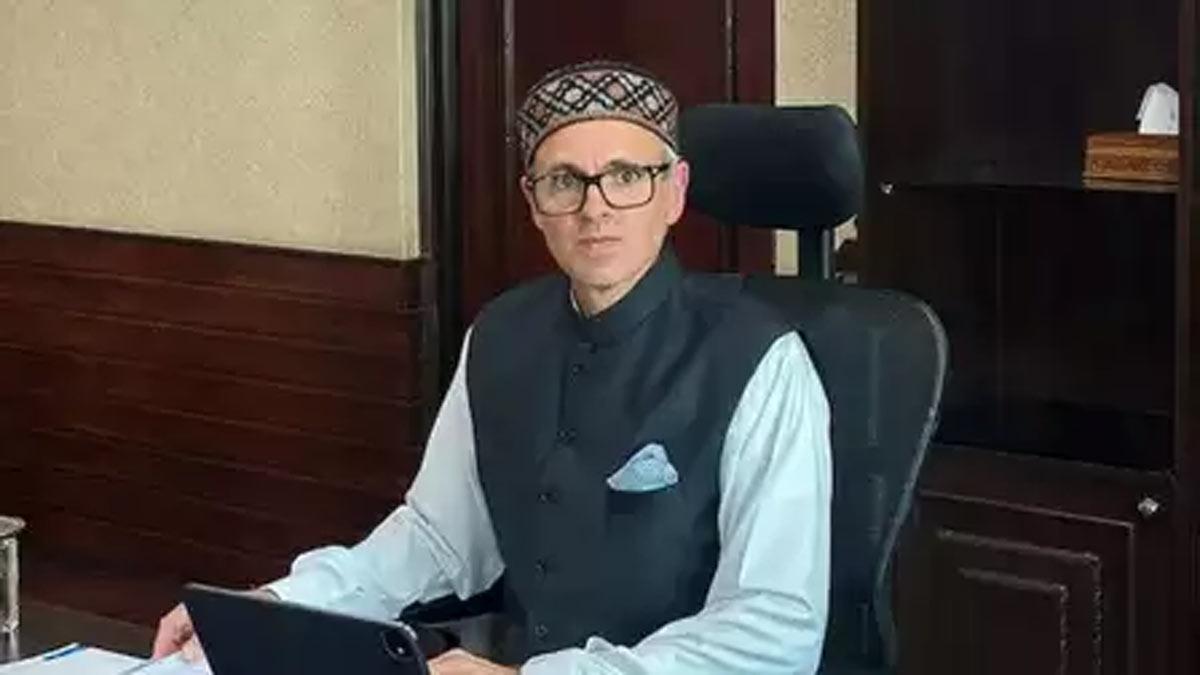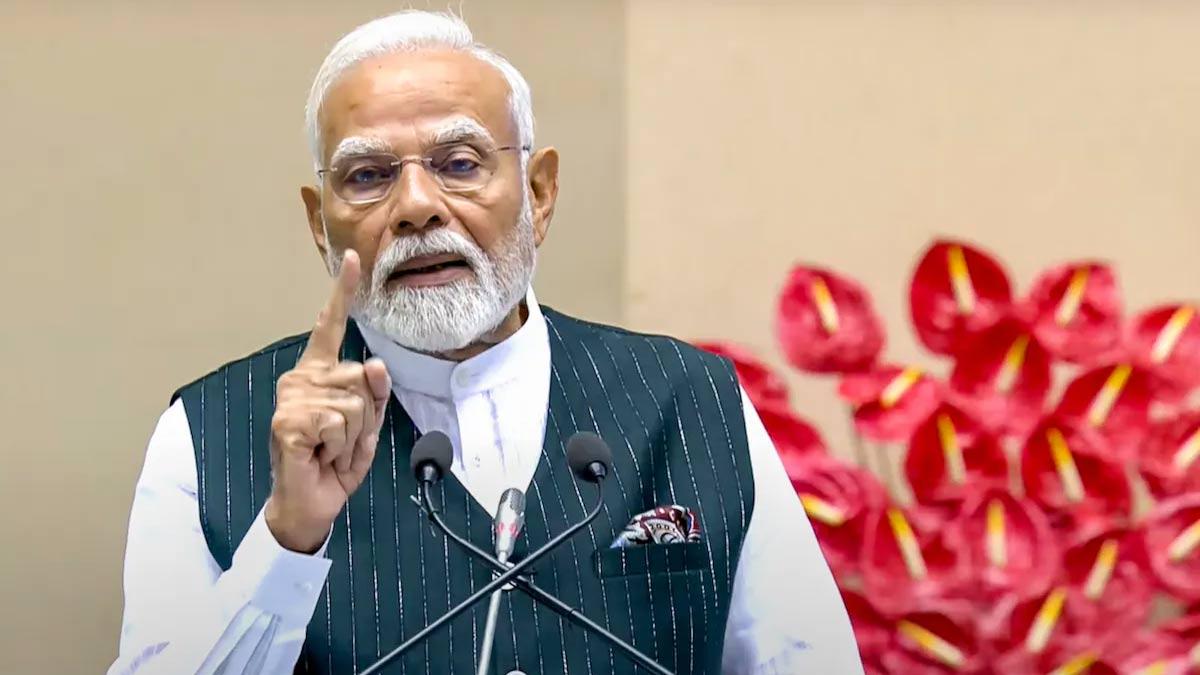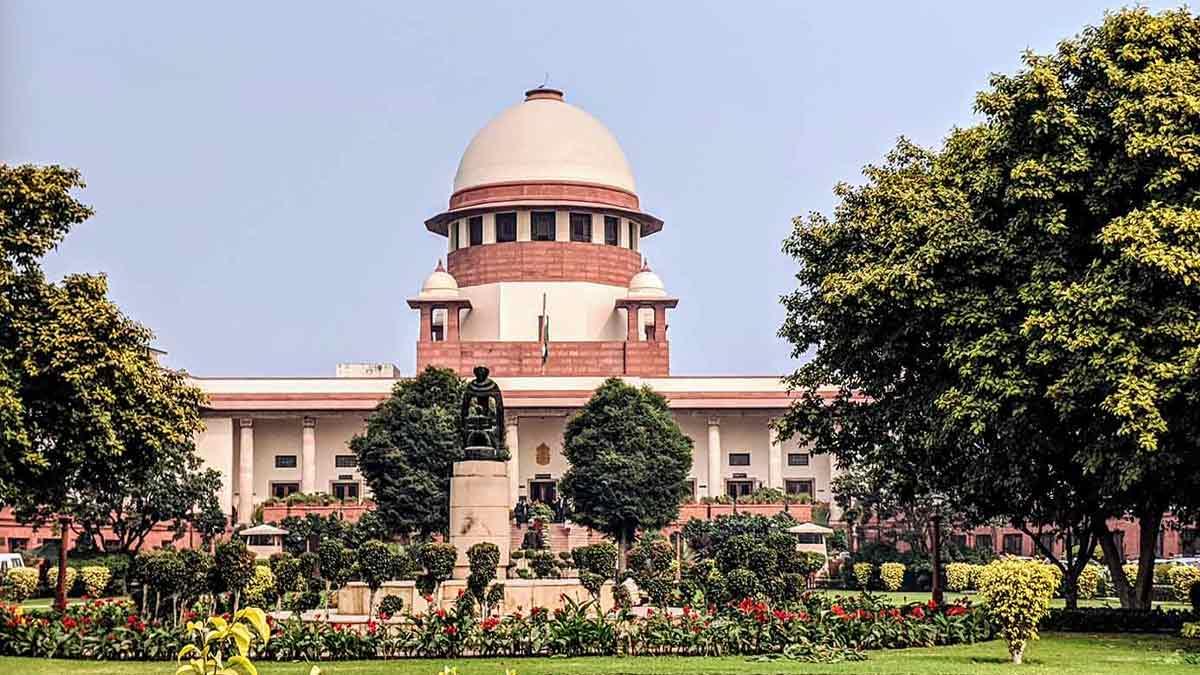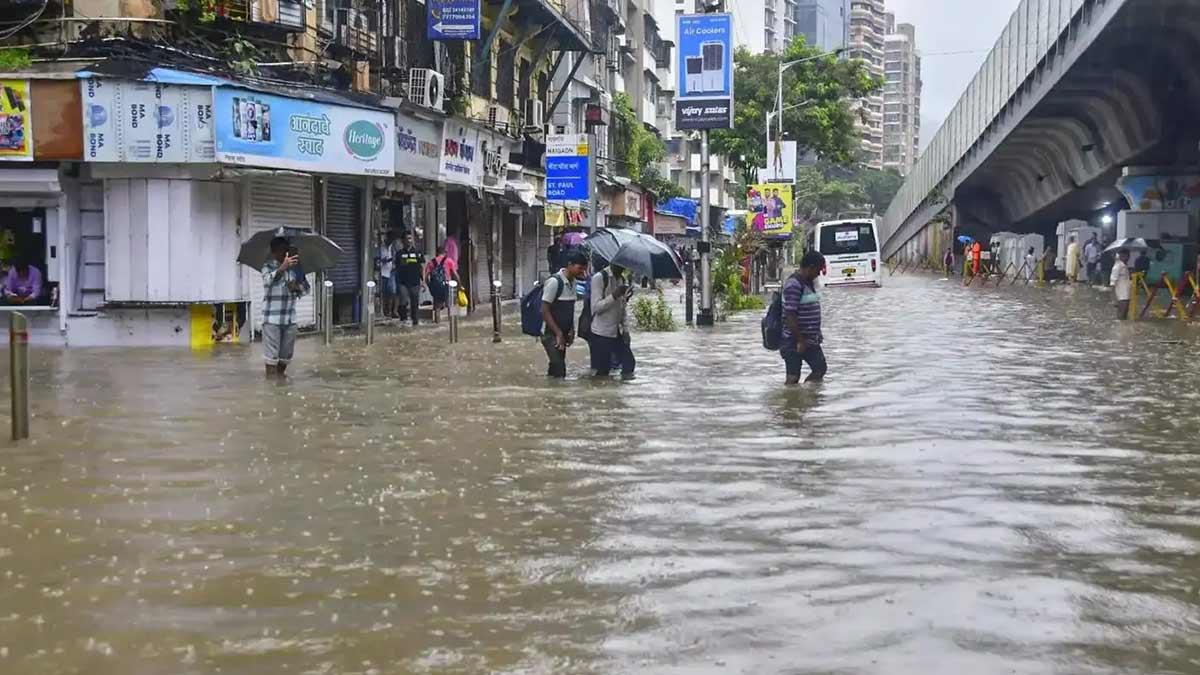In a decisive action against terror and to reassert peace in the region, the Jammu and Kashmir government held a special cabinet meeting on Tuesday in the picturesque tourist resort town of Pahalgam.
This move comes in the aftermath of the devastating April 22 terror attack that left 26 people dead, delivering a severe blow to the tourism-driven economy of the region.
By hosting the ceremony in Pahalgam—now reeling from a sudden decline in tourist arrivals after the attack—the administration wanted to show solidarity with its people and issue a symbolic challenge to anti-national elements. The move indicates that terrorism cannot prevent governance or peace in Jammu and Kashmir.
This was the inaugural cabinet meeting conducted outside the twin capitals of Jammu and Srinagar after Omar Abdullah became Chief Minister in October 2024. During his previous term from 2009-2014, Abdullah had also brought administration to far-flung areas, conducting cabinet meetings in forward locations such as Gurez, Machil, Tangdhar, Rajouri, and Poonch.
The time of the meet is important. Only two days ago, at a NITI Aayog governing council meeting headed by Prime Minister Narendra Modi, CM Omar Abdullah suggested a two-pronged approach to resuscitate Kashmir's struggling tourism industry. He appealed to the Centre to instruct Public Sector Undertakings (PSUs) to organize meetings in the Valley and proposed that sessions of parliamentary committees be organized there too, to demonstrate confidence and normalcy.
Government officials who were privy to the development said that the Chief Minister and his government will also meet with local tourism stakeholders in Pahalgam. These meetings are intended to gather on-ground input and suggestions for reconstructing the industry, which is vital to the region's economy.
The Pahalgam cabinet meeting is not only an administrative exercise but is also a statement of intent: Kashmir stays open despite terror, and it stays committed to peace.
Read also| NIA Detains CRPF Soldier for Espionage, Leaking Sensitive Data to Pakistan


















